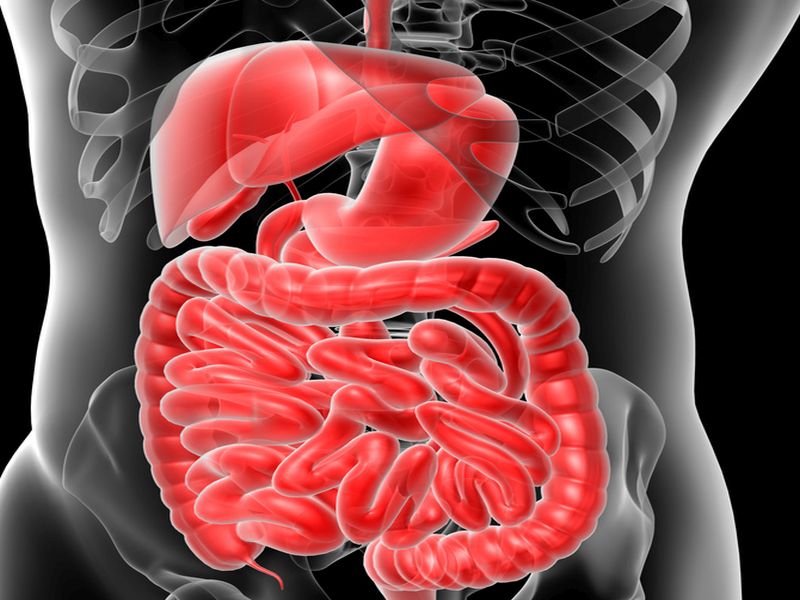

Keep Colon Cancer at Bay
Colonoscopy best way to detect disease while still curable, gastroenterologist saysWednesday, March 22, 2017

WEDNESDAY, March 22, 2017 (HealthDay News) -- Colon cancer can be treated and cured if it's diagnosed early, and a colonoscopy is one of the best ways to detect the disease, a gastroenterologist says.
"Routine colonoscopy exams are lifesavers and may reduce your risk of succumbing to colorectal cancer by 90 percent," said Dr. Ellen Gutkin, from NewYork-Presbyterian Hospital Queens.
Even healthy adults with no family or medical history of colon cancer should get routine colonoscopies. The cancer can develop without symptoms and once symptoms begin, it could mean the cancer is more advanced and less likely to be cured.
Gutkin noted that women and men have the same risk for colon cancer, and that having no risk factors does not mean you won't develop the disease.
"The single biggest modifiable risk factor for colorectal cancer is a failure to be screened," she said in a hospital news release.
Beginning at age 45 for blacks and at age 50 for others, those with average risk should have a colonoscopy every 10 years, according to Gutkin.
March is National Colon Cancer Awareness Month. Colon cancer is the second leading cause of cancer death in the United States.
To reduce your risk: get screened regularly; maintain a healthy weight; get regular exercise; eat a healthy diet with plenty of fruits and vegetables; avoid or limit alcohol consumption; avoid tobacco products; and get the recommended levels of calcium, primarily from food.
SOURCE: NewYork-Presbyterian Queens, news release, March 13, 2017
HealthDay
Copyright (c) 2017 HealthDay. All rights reserved.
News stories are written and provided by HealthDay and do not reflect federal policy, the views of MedlinePlus, the National Library of Medicine, the National Institutes of Health, or the U.S. Department of Health and Human Services.




























.png)











No hay comentarios:
Publicar un comentario